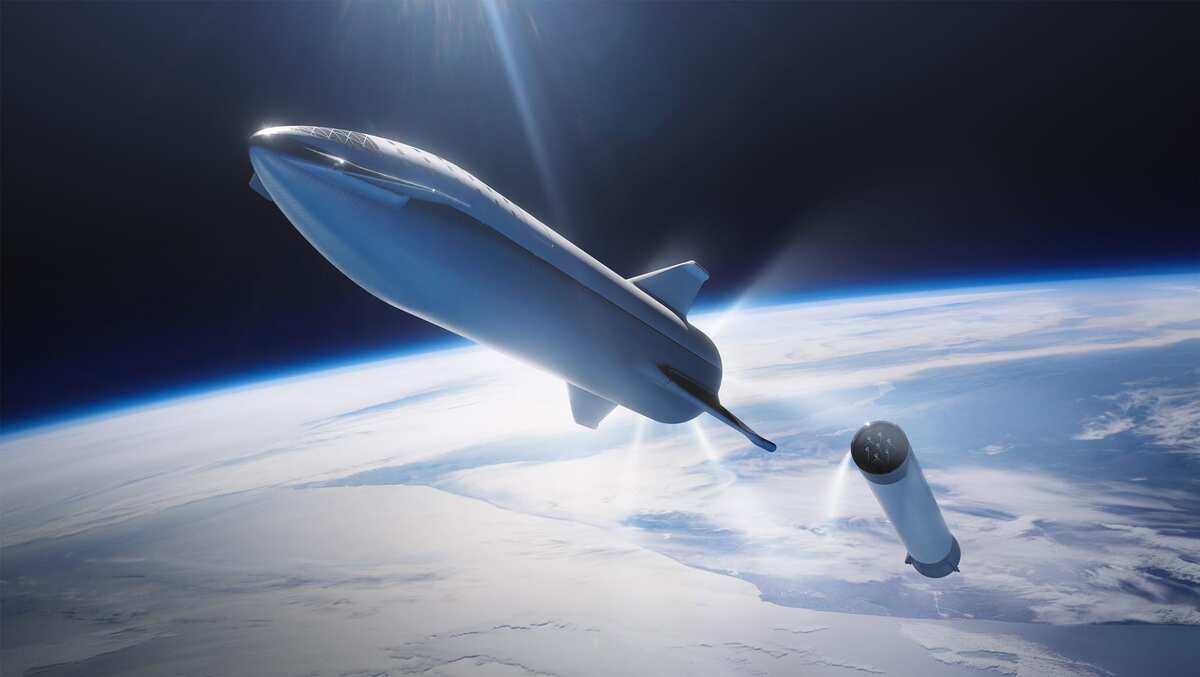Context:
Multiple reports coming in this week said that Russia is making advances in space-based nuclear weapons that are aimed at destroying other satellites, both civilian and military.
Background:
If Russia were to develop and deploy such a weapon, it would be in violation of the Outer Space Treaty. It will also be in contravention of the Partial Nuclear Test Ban Treaty of 1963 that prohibits nuclear explosions in space. Russia is party to both treaties.
About Outer Space Treaty:
- The Outer Space Treaty is a multilateral treaty that forms the basis of international space law.
- It was signed in 1967 by the United States, the Soviet Union, and the United Kingdom, and it has 114 parties as of 2024.
- The treaty prohibits the placement of nuclear weapons or other weapons of mass destruction in outer space, and it limits the use of the Moon and other celestial bodies to peaceful purposes only.
- The treaty also establishes that outer space is the common heritage of all humankind, and that no country can claim sovereignty over any part of it.
- The treaty aims to promote the exploration and use of outer space for the benefit and interest of all countries, and to prevent any conflict or arms race in space.
- India became a party to the Outer Space Treaty on January 18, 1982.
- India signed the treaty on March 3, 1967, but it took about 15 years to complete the ratification process.
- India is also a party to the Moon Treaty, which further regulates the exploration and use of the Moon and other natural resources in space.

.jpg)


Comments (0)